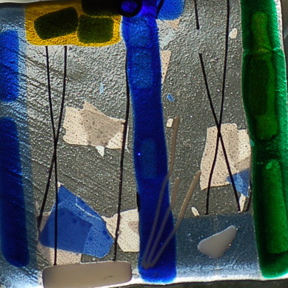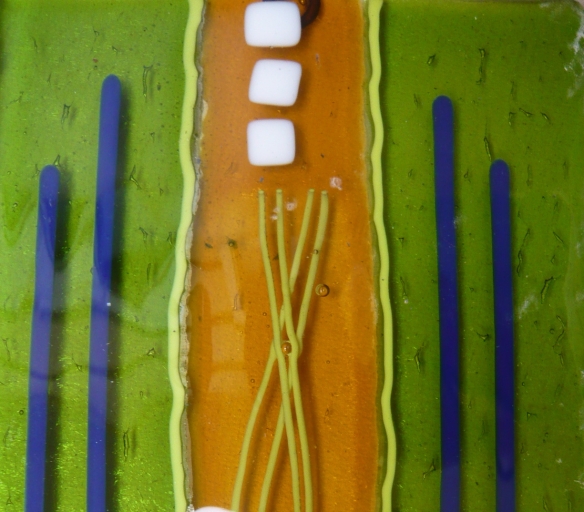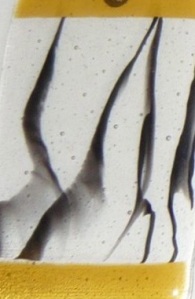 On any given day, what I believe may differ from the day before. I’m pretty consistent about basic physics. Gravity, for example, is easy to discern and trust (except in airplanes). My personal mash-up of faith has some reliable components. I believe in synchronicity more than randomness. No white-guy-on-a-throne. But though I believe in prayer, I couldn’t explain it with prepositions like to or from. I think we’re collectively spirit, and that our actions matter. That karma happens, but don’t look for linear examples of it. Bad things happen to good people, and good things to people who don’t seem to deserve them.
On any given day, what I believe may differ from the day before. I’m pretty consistent about basic physics. Gravity, for example, is easy to discern and trust (except in airplanes). My personal mash-up of faith has some reliable components. I believe in synchronicity more than randomness. No white-guy-on-a-throne. But though I believe in prayer, I couldn’t explain it with prepositions like to or from. I think we’re collectively spirit, and that our actions matter. That karma happens, but don’t look for linear examples of it. Bad things happen to good people, and good things to people who don’t seem to deserve them.
Although we’re trying to do good and better, we often blow it. Individually and collectively. I’m not talking about failures to give up cigarettes, carbs, or cocaine. I’m talking about the ways we treat one another on a daily basis, both those we profess to care about, and the rest of humanity.
Judaism has a great annual ritual for acknowledging our lapses, and for asking for forgiveness. It truly doesn’t matter whether you’re asking for it from an external energy or from your own conscience. What’s important is to acknowledge how you’ve not lived at the highest level of personal integrity. To clear the slate and do better the next 364 days.
The process happens on Yom Kippur, the Day of Atonement, starting this year the eve of October 3rd. We say a very specific prayer accompanied by literal pounding of fist over heart. It’s chanted as and in the collective, in part to mask our individual lapses, and also because we act as witnesses to one another, and to the idea that as a community, a tribe, and a global family, we’re each part of a spiritual ecosystem that cannot heal until we all do.
Each phrase is prefaced with For the wrong we have done before you…. and interspersed with the request Please forgive us, pardon us, and help us atone. Read it slowly, thinking about your own hits and misses, and your ability to atone, forgive yourself , and to do better more often.
For the wrong we have done before you….
- In the closing of the heart,
- Without knowing what we do,
- Whether open or concealed,
- Knowingly and by deceit,
- Through the prompting of the heart,
- Through the influence of others,
- Whether by intention or mistake,
- By the hand of violence,
- Through our foolishness of speech,
- Through an evil inclination,
- In the palming of a bribe,
- By expressions of contempt,
- Through misuse of food and drink,
- By our avarice and greed,
- Through offensive gaze,
- Through a condescending glance,
- By our quickness to oppose,
- By deception of a friend,
- By unwillingness to change,
- By running to embrace an evil act,
- By our groundless hatred,
- In the giving of false pledges.
The focus of the Jewish High Holidays is a process called t’shuvah, return. We’re aiming for a clarity of soul and purpose, a re-commitment to living with integrity, honor, goodness, and compassion. And to creating a world of peace. Amen.









